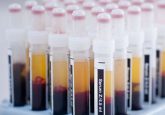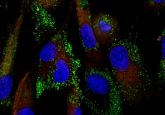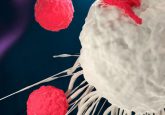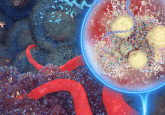Glioblastoma blood test may be on the horizon
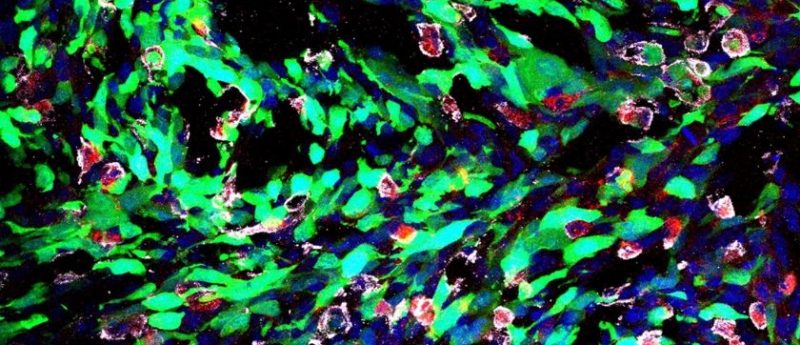
Image credit: NCI NIH visuals online
A team of researchers from the University of Sussex (UK) has identified novel biomarkers within the blood and suggest that their findings could pave the way for a blood test to diagnose glioblastoma.
Recent research has suggested that small extracellular vesicles (sEVs) contain valuable biomarkers for glioblastoma patient diagnosis and follow-up.
In the present study the team of scientists investigated the protein content of sEVs produced by different glioblastoma cell lines and patient-derived stem cells. The findings were published in Communications Biology.
The scientist’s results revealed that the content within sEVs mirrors the phenotypic signature of the respective glioblastoma cells. These results imply that bodily fluids may be a simple way to test for glioblastoma as opposed to a biopsy.
You might also like:
- The future of liquid biopsies: an interview with Bob Li
- Depatux-M fails to meet primary endpoint in late-stage trial for newly diagnosed glioblastoma
- Spotlight on liquid biopsies
Liquid biopsies mean a less invasive procedure for patients, and arguably quicker results – something which is invaluable for those with an aggressive tumor that severely cuts life expectancy.
“Liquid biopsies mean a less invasive procedure for patients, and arguably quicker results – something which is invaluable for those with an aggressive tumor that severely cuts life expectancy,” commented co-author Thomas Simon (University of Sussex).
“But it could also mean better patient follow-up care, as a simple test can be carried out to check for the efficacy of existing treatments or for monitoring relapse,” Simon concluded.
Sources: Lane R, Simon T, Vintu M et al. Cell-derived extracellular vesicles can be used as a biomarker reservoir for glioblastoma tumor subtyping. Comm. Biol. 2, 315 (2019); www.eurekalert.org/pub_releases/2019-08/uos-abt081919.php
